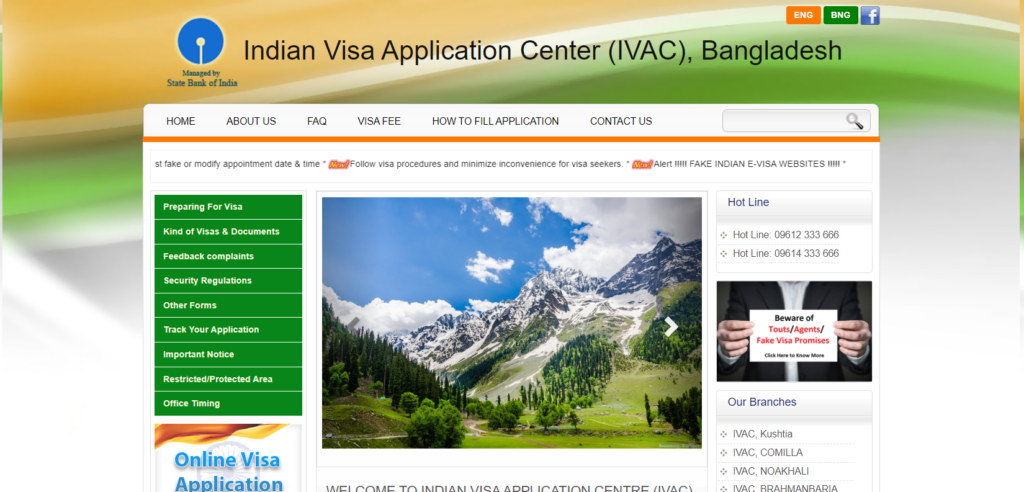Traveling to India can be an incredible experience, but for individuals with a criminal record, it’s essential to understand the potential legal and administrative implications before planning a trip. While each country has unique entry requirements, here’s a comprehensive guide on what you need to know if you have a criminal record and are considering a trip to India.
Entry Requirements for Individuals with a Criminal Record
India does not have specific laws explicitly restricting entry for foreign nationals with criminal records. Unlike some countries, India does not automatically deny entry based solely on a traveler’s past criminal history. REFERENCE NAME IN INDIAN VISA However, immigration authorities maintain the right to question, investigate, or deny entry to individuals based on security concerns or severe criminal records, particularly if they involve crimes related to terrorism, narcotics, or violence.
Most people with minor offenses, or non-violent criminal records, are generally able to visit India without issues. However, disclosure of criminal history may be required depending on the visa application process and the purpose of the visit.
Applying for an Indian Visa with a Criminal Record
India requires most international travelers to apply for a visa, either online (e-Visa) or through an embassy or consulate. During the application process, you may encounter questions about criminal history. Here’s what to consider depending on the type of visa:
e-Visa: The Indian e-Visa application, available to travelers from eligible countries for tourism, business, and medical purposes, generally does not ask for detailed background checks. Applicants may need to answer questions on security and purpose, but these typically do not delve into personal criminal records.
Regular Visa (from the Consulate): When applying for a standard visa directly from an embassy or consulate, you may be asked to disclose any criminal history. In such cases, honesty is critical; concealing information can result in a permanent travel ban if discovered. Providing truthful information helps in clearing background checks, and consulates are often more willing to approve visas when applicants are transparent about their past.
Special Cases: If your criminal record involves serious offenses, such as drug trafficking, terrorism, or any crime involving violence, Indian immigration authorities may conduct further reviews. They may request additional documents or call for an interview. If needed, applicants should provide all necessary paperwork and clearly explain the nature of their charges.
Tips for a Smooth Application Process
Here are some essential tips to ensure a hassle-free experience when applying for an Indian visa with a criminal record:
Be Honest: Always provide accurate information on visa forms. Concealing details can lead to more scrutiny or possible refusal of entry.
Gather Documentation: Have copies of court documents or background checks that outline the details of your case. If questioned, these documents can clarify your criminal record and reassure immigration officials.
Consult Legal Advice: If you have serious concerns or a complex criminal background, consider consulting an immigration attorney familiar with Indian travel policies to advise you on the best approach.
Seek Consular Assistance: Contact the Indian consulate in advance if you have concerns about your record. Embassy officials can often offer guidance on the application process and any extra documentation required.
Arriving in India: What to Expect
Upon arrival, travelers typically go through a standard immigration process. While immigration officers may occasionally ask for additional information, this is rare unless the visitor has already flagged security concerns.
If you’re traveling on an e-Visa, this process is usually quick, as the pre-approval phase will have covered most security checks. TRAVELLING INDIA WITH CRIMINAL RECORD For those on standard visas with disclosed criminal records, carrying all supporting documents for potential questioning is advisable, although this is seldom needed.
Conclusion
India welcomes millions of tourists each year, and a minor criminal record should not deter you from exploring this culturally rich and diverse nation. By preparing ahead, providing accurate information, and understanding the visa process, you can navigate potential obstacles. Travel wisely, and enjoy the wonders that India has to offer.



